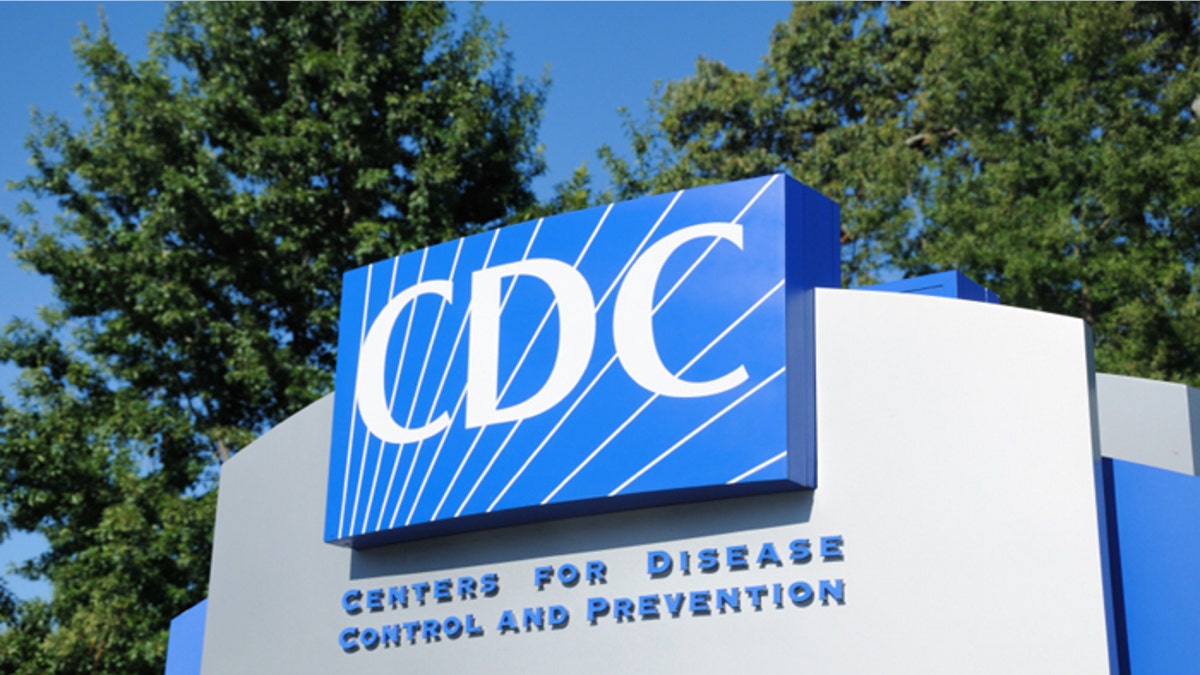
(W. Steve Shepard Jr.)
The U.S. Centers for Disease Control and Prevention plans to hire a chief of laboratory safety, a new post that has taken on more urgency after a CDC scientist was possibly exposed to Ebola in a laboratory last week.
Creating a new high-level safety position was a key recommendation of a months-long internal investigation into the mishandling of anthrax and bird flu in CDC labs this past summer, according to an internal CDC memo obtained by Reuters.
Those incidents called into question safety practices at more than 1,000 laboratory and support facilities across the CDC's sprawling network of scientists.
CDC spokeswoman Barbara Reynolds confirmed that a search for an agencywide chief of laboratory science and safety was under way. The search, which has not been previously reported, is being led by Dr. Rima Khabbaz, director of CDC's Office of Infectious Diseases.
"The person selected will be empowered to identify problems, establish plans to solve them, and hold programs throughout CDC accountable for follow-up," Reynolds said in an email.
Private laboratories that work closely with the CDC welcomed the move.
"This is going to bring a focus to lab science and safety that has been really needed for two decades," said Scott Becker, executive director of the Association of Public Health Laboratories, a national group representing state and municipal public health laboratories.
Filling the new position, though, may seem too little, too late for at least one lab worker, who last week may have been exposed to live Ebola while working in a CDC laboratory in Atlanta.
The unidentified scientist, who was working with Ebola specimens that were supposed to have been inactivated, wore gloves and a gown but not a protective face mask or other gear recommended for working with live Ebola, the CDC said. The staffer is being monitored for signs of infection for 21 days, the disease's incubation period.
The CDC said on Tuesday the scientist was not showing symptoms and had a "low, but not zero, risk" of contracting Ebola, which has killed nearly 8,000 people in the three countries worst hit by the virus - Sierra Leone, Liberia and Guinea.
"SAME CHAIN OF ERRORS"
Critics say the Ebola mishap is similar to several others in recent years and highlights the need for the agency to elevate lab safety across all CDC labs.
"The incident involves exactly the same chain of errors,” said Richard Ebright, a molecular biologist and biosafety expert at Rutgers University.
Ebright laid out an all-too-common chain of events. First, he said, a CDC lab prepares a sample that is supposed to be "inactivated" but is not. Then the lab sends the sample to another facility without verifying that it is sterile. The receiving lab also does not verify that the sample is inactive, so staff at the receiving lab work on the sample without wearing the proper protective gear.
Becker said CDC's lab safety woes have grown over the years as the agency's role in biodefense has expanded. According to a 2012 report by CDC scientists, there were 269 incidents of lost or escaped microbes from CDC labs in 2010, compared to 16 in 2004.
In a congressional hearing last summer, angry U.S. lawmakers faulted a "dangerous pattern" of safety lapses at government laboratories handling deadly pathogens and called for an overhaul of controls at the CDC. Lawmakers were openly critical of Frieden but stopped short of calling for his resignation.
In July, Frieden closed the two labs responsible for the release of pathogens over the summer and named CDC scientist Dr. Michael Bell to review lab protocols before they could reopen. Bell has since completed the review and returned to his former post, according to the memo obtained by Reuters.
Frieden has tapped Dr. Leslie Dauphin, a CDC microbiologist, to oversee lab safety until the position is permanently filled.
Frieden, in the memo, said Dauphin would expand biosafety training for lab scientists, explore technologies to improve safety and work with an external group of safety experts appointed by the CDC. Agency watchers said Dauphin's successor would likely expand on those duties, overseeing the development of an agency-wide safety and quality management program.
